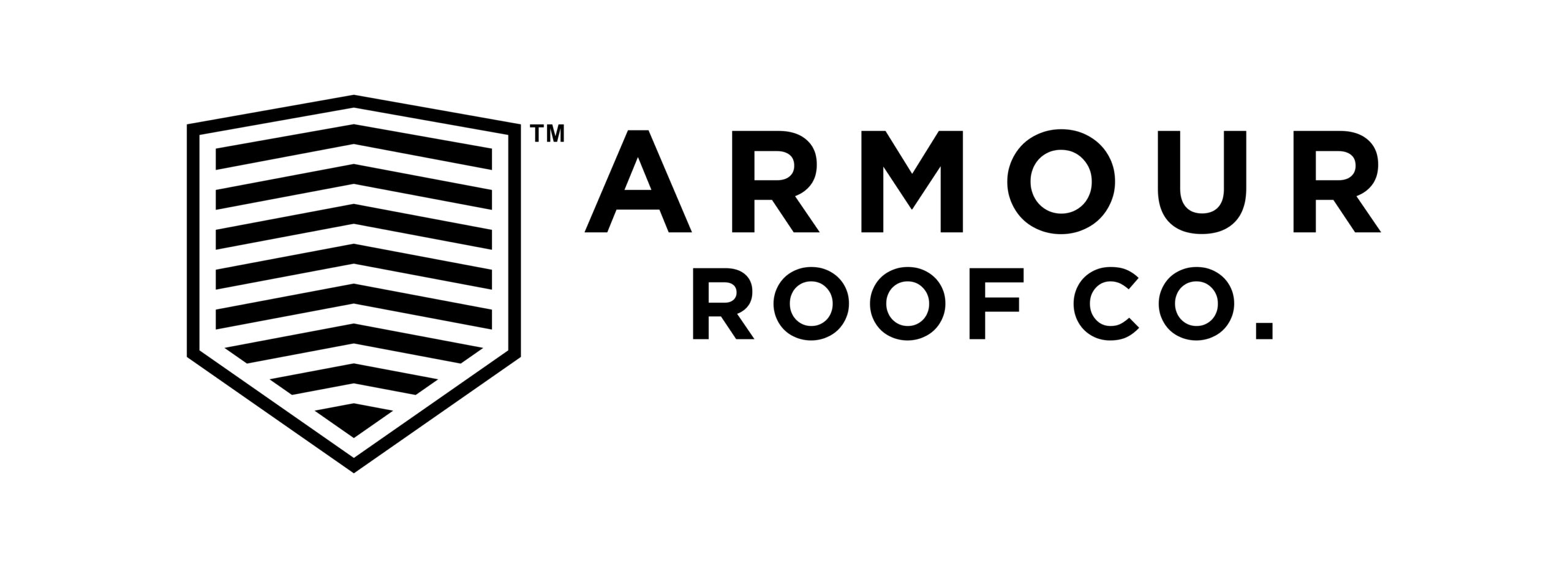In the building and construction space, you’ll find that many roofers and contractors will often use subs for jobs. And there are good reasons for doing so.
Three Reasons Commercial Roofers Uses Subs
Cost Savings
First and foremost it’s a cost savings for the company to “pay per job” and not try to keep crews on staff year round. By paying for workers only as you need them, a roofer could be saving a lot of money in wages and overhead of employees (such as benefits, workman’s comp, etc.)
Specialization
Particularly in trades that require specialization (Electric, Plumbing, HVAC) it makes sense to hire out these individual jobs to people who hold licensing to do it properly. When it comes to commercial roofing, there are specialty roofing crews that work primarily on roof types such as metal, flat roof, or shingles.
Flexibility
There can be increased flexibility when subbing out a job due to fluctuating work volumes. If suddenly there is an influx of work, a roofing company can quickly assemble a team of roofers to service all the jobs. Manpower is better allocated based on the size of a roofing job and this can product increased efficiency.
For all the benefits that come with subbing out roofing work, there are also some downsides. These are the very reason that Armour
Three Reasons Commercial Roofers Shouldn’t Use Subs
Quality Control & Dependability
One of the challenges of using subs is being able to standardize the quality of the work. You may have a relationship with the “lead” on a subbed crew, however, it doesn’t guarantee that everyone reporting to this person is experienced or qualified. Quality is simply harder to manage unless you have someone directly overseeing the project from start to finish (and even then, they may miss minor mishaps).
By having an in-house crew you can train and develop their skills for the long haul.
Liability
Along the same likes of Quality Assurance, it’s harder to manage the safety of workers on a roof. Roofing is one of the most dangerous professions and accounts for the largest percentage of workplace fatalities. If a person gets injured on the roof it can quickly become tricky to determine who is liable- this may ultimately put undue burden on the client.
Additionally, in-house roofers are often covered under a company’s workman’s comp policy which removes the liability from the client.
Communication
There are a lot of moving parts to repairing a commercial roof and therefore, communication is of the utmost importance to ensure the projects gets done properly. We use an in-house project management tool so schedule our roofing jobs and ensure nothing slips between the cracks. These processes are managed as part of our QA and therefore we can consistently produce high-quality work through communication.
Summary
This isn’t necessary to make a case to use subs or not use subs, but it is helpful to know why some commercial roofers do it one way while others do it another.
Armour Roof Co. has always maintained an in-house roofing coating crew because we can better manage the quality of work and are able to better protect our employees and clients.




